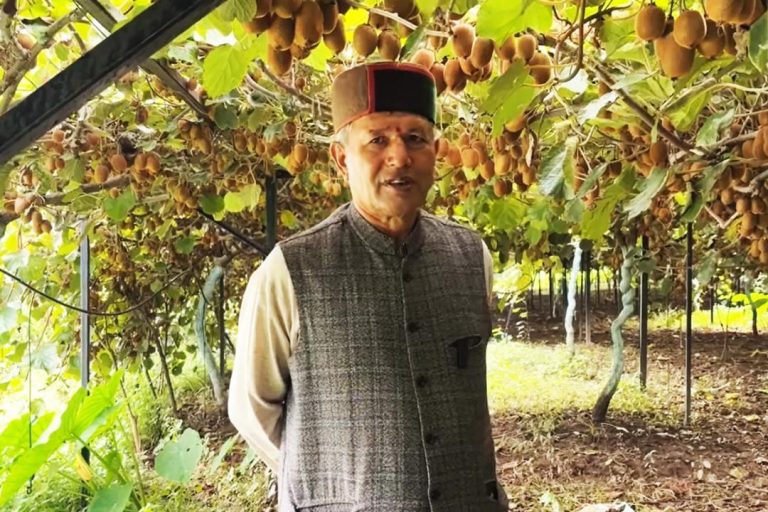
Turning Plastic into Purpose: Carbon & Whale’s Eco Journey
In a world where plastic waste has become a pressing concern, a group of entrepreneurs from Kochi have taken it upon themselves to turn this problem into a solution. Carbon & Whale, a startup founded by Alvin George, Sidharth A K, and Sooraj Varma, has been transforming single-use plastic into durable modular furniture, tackling environmental waste and urban infrastructure needs. In just a few short years, the startup has achieved remarkable success, recycling over 12,000 kg of plastic and hitting ₹5 crore in revenue by 2025. But how did they do it, and what does their journey reveal about the power of sustainability to drive profitability?
The Birth of a Revolution
Carbon & Whale’s story began with a simple idea: to take plastic waste and turn it into something useful. The founders, all passionate about environmental conservation, were horrified by the sheer amount of plastic that ended up in landfills and oceans every day. According to the United Nations, plastic waste has grown from 15 million tons in 1990 to over 300 million tons today, with the majority ending up in landfills, incinerators, or the environment. The statistics were staggering, and the founders knew they had to act.
The trio, all friends since college, started experimenting with plastic recycling technology, working tirelessly to develop a process that would allow them to transform plastic waste into durable, high-quality furniture. They scoured the city for scraps, gathering plastic bottles, bags, and other discarded materials to test their prototype. It wasn’t easy – the process was labor-intensive, and the early results were far from perfect. But the founders were undeterred, driven by their passion for sustainability and their determination to make a difference.
Innovation and Iteration
As the months passed, Carbon & Whale’s technology evolved, and their furniture began to take shape. They developed a unique modular design, allowing customers to assemble and rearrange their pieces as needed. The result was a range of stylish, eco-friendly furniture that was both functional and sustainable. Word began to spread, and the startup started receiving orders from local businesses and homes.
But the founders didn’t stop there. They continued to refine their process, experimenting with different types of plastic and developing new manufacturing techniques. They partnered with local waste management companies, working together to collect and sort plastic waste from landfills and recycling centers. The more they recycled, the more they could produce, and the more they could help reduce the world’s plastic waste problem.
A Business Built on Sustainability
By 2020, Carbon & Whale had established itself as a leader in the sustainable furniture industry. They had developed a range of products, from office chairs to coffee tables, all made from recycled plastic. Their customers were a mix of environmentally conscious consumers and businesses looking to reduce their carbon footprint. The startup’s revenue had grown to ₹1 crore, and they were on track to hit ₹5 crore by 2025.
But what’s most remarkable about Carbon & Whale’s journey is the way they’ve balanced sustainability with profitability. By cutting out unnecessary middlemen and working directly with suppliers, they’ve been able to keep costs low and prices competitive. Their business model is designed to be self-sustaining, with a focus on long-term growth and environmental impact.
A Model for the Future
Carbon & Whale’s success is a testament to the power of innovation and determination. By turning plastic waste into purpose, they’ve not only reduced the world’s plastic problem but have also built a thriving business. As the world continues to grapple with the challenges of sustainability, their story offers a glimpse into a future where environmental responsibility and economic success go hand in hand.
The startup’s journey also highlights the importance of collaboration and community engagement. By working with local waste management companies and suppliers, they’ve been able to create a sustainable supply chain that benefits everyone involved. Their commitment to transparency and accountability has earned them a reputation as a responsible and trustworthy business.
Conclusion
Turning plastic into purpose is no easy feat, but Carbon & Whale has shown that it’s possible. Their journey is a reminder that sustainability can drive profitability, and that innovation can be a powerful tool in the fight against environmental waste. As the world continues to evolve, we can learn from the startup’s example, embracing the challenges of sustainability and working together to build a better future for all.
Source: https://ascendants.in/the-ascendants/waste-plastic-furniture-carbon-whale/





